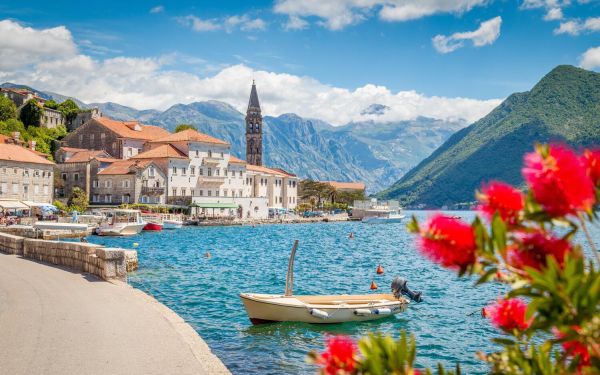Real estate in Germany may increase in value by 30% over the next five years — Kalinka Group.
The cost of real estate in a number of German cities may increase by 20-30% in the next five years, according to a study by Kalinka Group. The cities include Rostock, Ingolstadt, Halle, Essen, Duisburg, and Dortmund. Analysts note that for short-term investments, it is worth considering smaller cities with potential for price growth. Rental income from properties in these smaller cities can reach up to 9%.
In some cities of the "big seven" (Berlin, Hamburg, Munich), on the contrary, a decrease in prices is expected, as they have grown so intensely over the last decade that rental rates have not kept up with these changes.
Experts from Kalinka Group emphasize that investments in real estate in these cities are long-term and not suitable for quick earnings and cash withdrawal. However, they are the most interesting directions for investments with a term of 20-30 years.
In the major cities of Germany (Berlin, Hamburg, Munich), prices have reached their peak. For example, the cost of 1 square meter in Munich has increased by 9.6%. In Berlin, developers have been issued more construction permits than the market can currently consume. Therefore, price growth here will slow down in the coming years. Investors should not rely on quick resale.
The ten most suitable cities for real estate investments include Munich, where the population is expected to grow by another 16% by 2030, as well as Berlin, Wiesbaden, Hamburg, Dresden, Dusseldorf, Cologne, Leipzig, Stuttgart, and Frankfurt.
According to a report by the German real estate committee, the university cities have the best development dynamics and investment prospects until 2030, as infrastructure is actively developing and the local population is growing. These cities include Konstanz, Tubingen, Flensburg, Fulda, Bayreuth, Norderstedt, Münster, Speyer, Mainz, and Nordhorn. They are predicted to experience price growth in both residential and commercial real estate.
As revealed by Kalinka Group, rental prices in German cities are growing slower than purchase prices. Since 2009, rental prices have increased by 26%, while property prices have increased by 61%. It is important to remember that Germans are "a nation of tenants," with many people living in rented apartments until adulthood.
Currently, there is an outflow of young people from cities such as Munich and Berlin, which are becoming less affordable for the younger population. Augsburg, Passau, and Leipzig are attracting more young people.
The profitability of office spaces is 3-4%, despite a shortage of such real estate and increased rental demand. This is due to the high cost of office spaces when purchased privately – in major cities, it can reach 7-9 thousand euros per square meter. The profitability of warehouse properties is around 5%, while elderly homes yield 5-6%.
"In general, the German economy is stable, and no "bubble" is expected in the market. Among the factors that make investment in this country profitable, one can highlight reliable laws, low unemployment rates, increasing purchasing power of citizens, low deposit rates, accessible loans, and rapid growth in housing prices – by 50-85% over the past five years," commented Ekaterina Rumyantseva, the chairperson of the board of directors of Kalinka Group.
According to experts, it is time for investors to pay attention to small German cities with positive economic development forecasts. However, quick profits and high profitability, as before, can no longer be expected, and investors increasingly use German real estate for capital preservation.
Although temporary price fluctuations may occur in some regions in the future, this should not have any impact on the overall situation in the country. Analysts believe that Germany will experience a positive trend in property price growth, and in the long-term perspective, German real estate will maintain its value.
Read also
Stay up to date with the latest news
We promise to send only interesting and important articles.













